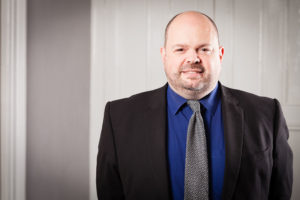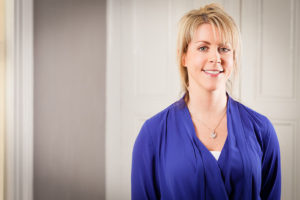Representing Children – The Role of a Child in Court Cases
As a member of the Law Society Children Law Scheme, Partner Kevan Hankinson is qualified in representing children in children law proceedings. The ![]() accreditation also demonstrates Kevan’s abilities, expertise and knowledge in dealing with areas of law relating to children.
accreditation also demonstrates Kevan’s abilities, expertise and knowledge in dealing with areas of law relating to children.
Our latest Legal Insight by Kevan looks at how children are represented in family disputes.
A Child’s Involvement in Court
When the court hears a case regarding the needs or welfare of a child, most of the time it does not hear from the child themselves. Sometimes the only thing a Judge might know about the child who’s future is being decided is what they hear from a parent or relative; for example when the court is told that there are no major issues about the child’s welfare, it is just that the family simply cannot agree about what to do.
Other times, the court asks for reports or other means to hear about the child, often provided by an expert from the Children and Family Court Advisory and Support Service (CAFCASS). Every children case decided in England and Wales requires the court to consider their welfare as the law describes their best interests as “paramount”. The child’s needs, safety and wellbeing, the ability of their family to look after them and indeed their wishes and feelings are all part of the decision making process.
What is a ‘Guardian’?
Sometimes however the court goes even further, concluding that the needs and wishes of the child are so drowned out by the arguments going on in the case or the matter so concerning and complex, that the child should have their own representative.
The child becomes one of the parties to the case, and this usually means they are given a Children’s Guardian, also appointed most of the time by CAFCASS from amongst their most experienced experts. A Guardian is automatically appointed whenever a Local Authority is seeking an order about a child or to take them into care.
The word Guardian here is not in the sense of “parents and guardians” sometimes seen in legal documents about children and a phrase used to describe the people with day to day care of the child. In a court case, a Children’s Guardian becomes intimately involved in the legal proceedings. They will see the child regularly while the case is ongoing and ensure they have information appropriate to their age and needs. They may need to make an assessment of how much the child understands what is being said about them at court, and they may even conclude that the child should meet the Judge, or give evidence to the court.
It can be a very finely balanced decision as to just how much information about a case helps or harms a child. For a child to feel embroiled in, or even asked to take sides in, a dispute involving their nearest family can very upsetting and difficult. The Guardian will help the child to deal with the case, and at the same time make sure the Judge is in no doubt what the child needs or wants.
The Role of a Solicitor in court
The Guardian does not present the legal arguments about a child’s case to the court – that job is undertaken by the solicitor for the child. To be appointed to act as the legal representative for a child is to undertake a very demanding and crucial role. Guardians, and the solicitors they in turn appoint will normally only become involved where the court has to make some of the most difficult decisions it might ever have to face, such as whether a child should be taken from a parent or even adopted, or how to assess complicated allegations of harm and make decisions about who a child should live with. The case may involve difficult or unclear areas of the law or complex evidence from experts and the solicitor for the child (or children) is expected to be an experienced lawyer and skilled advocate, able to conduct hearings and guide the case to the best possible conclusion for the child.
A solicitor appointed to act for a child is likely to see the child (assuming they are old enough for such a meeting to make sense) and they are thus specially trained and background checked. The Law Society maintains a panel of suitable solicitors who have been able to demonstrate their expertise in training, in written examination, and after a full interview with experts in the field. Solicitors on this Children Panel or Children Law Scheme as it is now known, are tested and re-accredited by the Law Society every 3 years, and it is their job to act as the advocate before the court, and to advise and help the Guardian with regard to areas of the Law.
How We Can Assist You
Butcher and Barlow is proud to have three solicitors who are members of the Children Law Scheme; Kevan Hankinson, Rachel Cryan and Nicola Wingfield.
Kevan and the Family Law Team are able to provide family law advice and assistance throughout Cheshire, Bury and Manchester. We can offer a free initial assessment on most family law matters.
Get in touch with our Family Department on 0161 797 5650 to find out how we can assist you.

Kevan Hankinson

Rachel Cryan

Nicola Wingfield